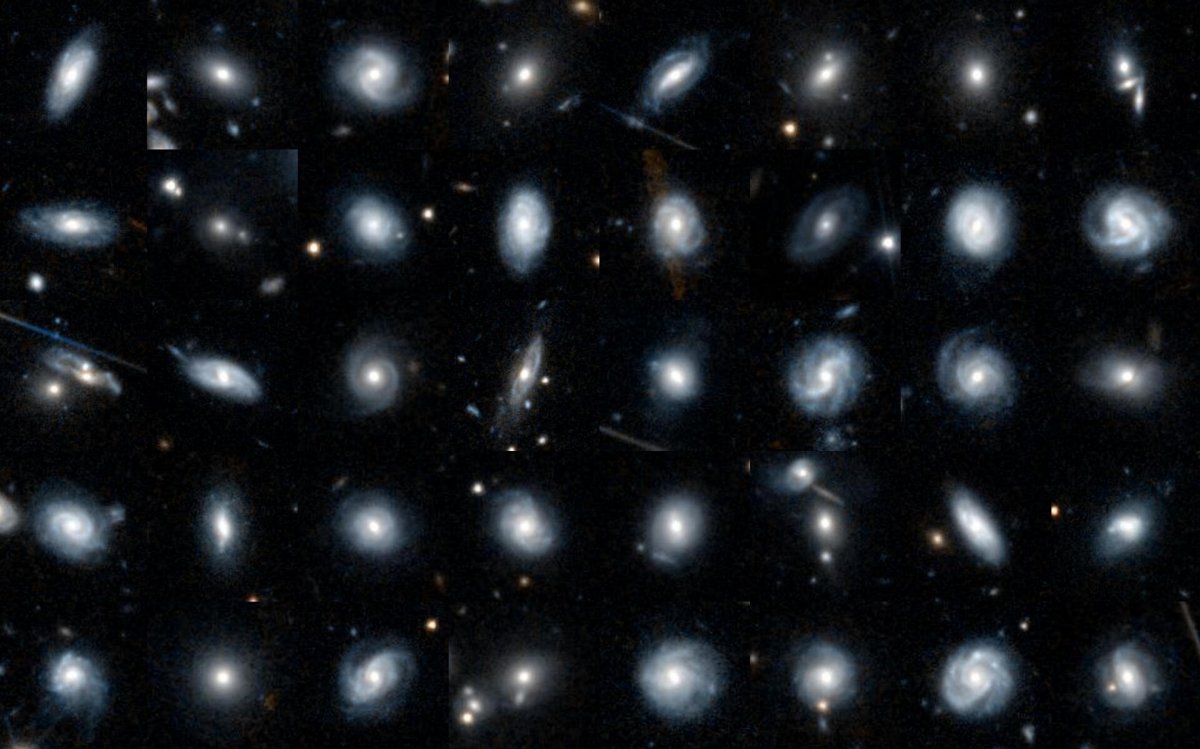The European Space Agency (ESA) has launched a new citizen science project that will allow volunteers to classify the shapes of galaxies in images from the Euclid Space Telescope. Volunteers will have the chance to look at previously unpublished images from the telescope and possibly previously undiscovered galaxies. It took place until Friday afternoon On the project page More than 114,000 volunteers have already participated and completed more than 124,000 classifications.
advertisement
Euclid, which was launched in July 2023 and has been conducting routine scientific observations since February 2024, is expected to send about 100 gigabytes of data back to Earth every day over the next six years. The ESA wrote that such a huge amount of data makes manual classification by scientists alone almost impossible.
Answers train artificial intelligence
Volunteers are shown images of galaxies and can answer simple questions about their shape or the markings of spiral arms. The results of the citizen project will also be used to train an artificial intelligence algorithm called ZooBot, which will in the future help deal with large amounts of data.
ZooBot will first classify “simpler” galaxies and present more complex cases for human users to evaluate. After being trained by volunteers, ZooBot is expected to be able to perform detailed classifications of hundreds of millions of galaxies, creating the largest scientific catalog of its kind to date. The first datasets containing tens of thousands of galaxies, selected from more than 800,000 images, are already available on the platform.
Research on the effect of dark matter
The Euclid project aims to explore the influence of dark matter and dark energy on the visible universe. To do so, the telescope will study the shapes, distances and motions of billions of galaxies up to 10 billion light-years away. The centerpiece is a high-resolution telescope with two cameras—one for the visible wavelength range and one for the near-infrared spectrum.
(Meccan)

“Social media evangelist. Baconaholic. Devoted reader. Twitter scholar. Avid coffee trailblazer.”








More Stories
Longest jets in the universe discovered – giant particle streams as long as 140 Milky Way galaxies in a row
New method reveals 307 supernova remnants
Snapchat is upping the ante on augmented reality glasses